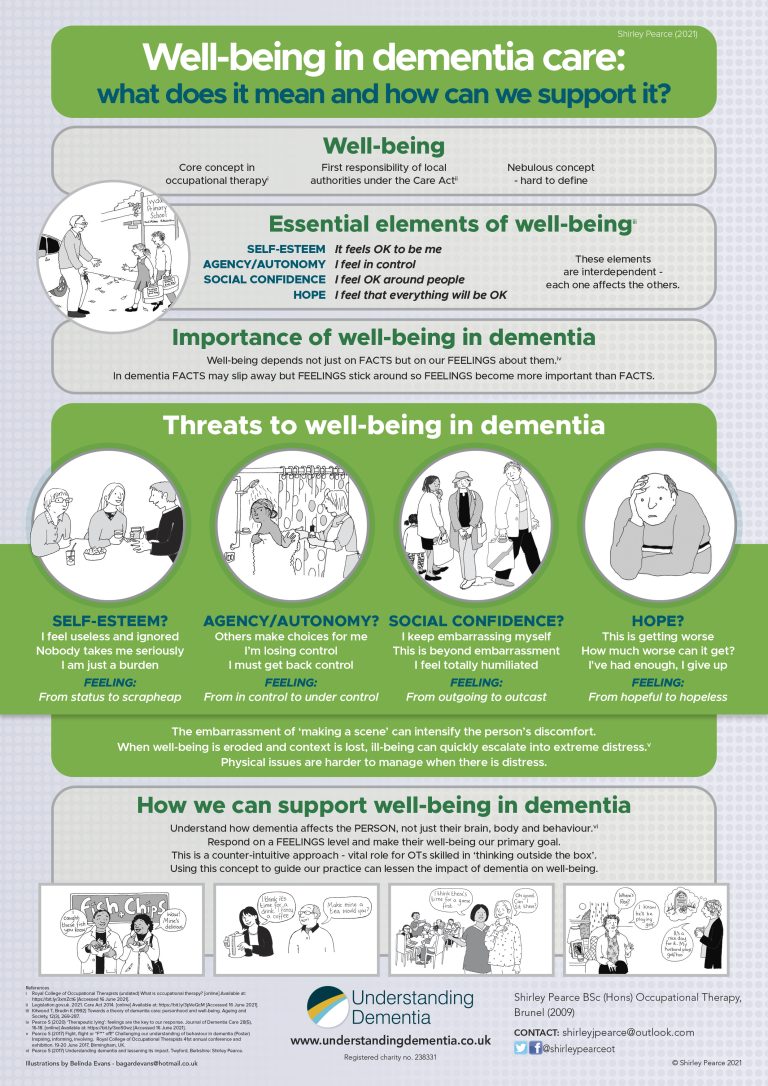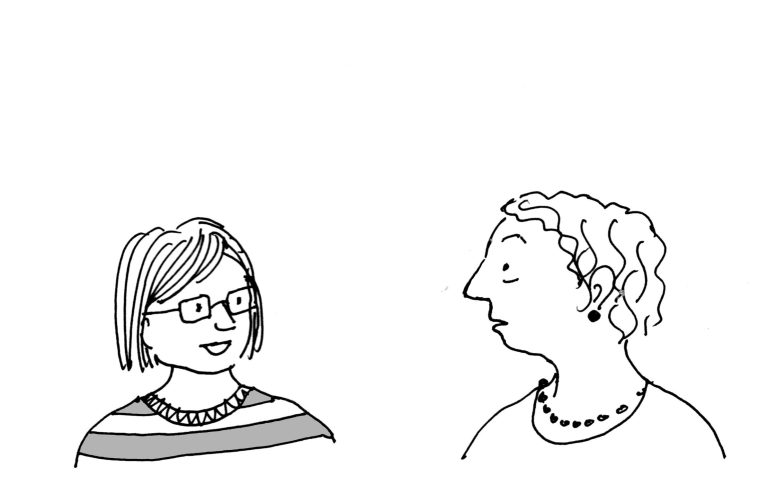John’s Campaign and dementia – staying in touch with relatives in care during Covid-19
This blog is adapted and updated from one written for John’s Campaign, which was set up in 2014 to promote the rights of people with dementia in hospital to have a family member with them beyond normal visiting hours.
This campaign was endorsed by many hospital trusts and care homes, and over 1500 care organisations signed up to pledge their support. Care homes which previously resented relatives’ involvement as ‘interference’ came to see it as a vital resource. Some discovered that working more transparently brought unexpected benefits – including improved CQC ratings. Some even maintained safe family contact throughout norovirus outbreaks simply by training relatives in the same hygiene protocols as their staff.
But then along came Covid-19 – requiring drastic physical distancing and shielding measures – and put a stop to all that. Many clinical and care staff lived apart from their families to avoid passing it on to them. So even the keenest John’s Campaign ambassadors were forced to close their doors to virtually all visitors, and anyone with relatives in residential or nursing care must have gone through an especially worrying time. The government guidelines specifically allowed some family visiting at end of life and in dementia, but that was not always possible to arrange.
However, some care homes developed innovative ideas to help residents keep in touch with their families during lockdown. ‘Virtual visiting lounges’ enable relatives to ‘meet’ by arrangement via Skype, Zoom, FaceTime or WhatsApp, with staff facilitating the link where necessary. That may not work in advanced dementia, when a disembodied voice or unrecognised face could become more confusing than comforting. But with careful management, this was a lifeline for many, enabling them to maintain connections with their nearest and dearest.
Some care homes used technology to live-stream their activities, and performers entertained residents from their own homes. See John’s Campaign blog. I took part in an all-age disco run by Weekday Wow Factor from the organiser’s living room, and we danced to music from the DJ’s home. The disco is normally held at one of Glasgow’s hottest nightspots and residents and staff from a local care home regularly attend. This time it was streamed into the home, where the less mobile residents could join in too.
If it was hard for us to keep up with the latest official guidance, it must have been even harder for people with dementia to understand, let alone retain, those ever-changing rules. In most types of dementia, the storage of factual information becomes increasingly patchy, but the memory retains the feelings that went with those missing facts. If you tell the person something worrying, they may register the anxiety without the facts, so repeatedly trying to explain it may be unhelpful.
But for the same reason, people with dementia tend to live more in the present than in the future. As a result they may cope better with the absence of visits than we expect, as long as they are comfortable and reasonably content where they are.
See our website for details of our training in working positively with dementia, for family carers and health or care professionals.





